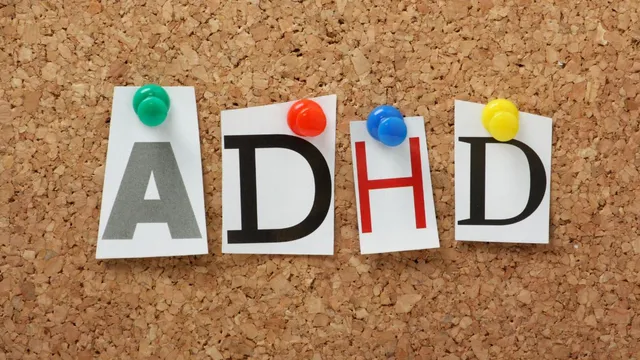- By Bornika Das
- Thu, 27 Nov 2025 06:20 PM (IST)
- Source:JND
Attention Deficit Hyperactivity Disorder (ADHD) is often misunderstood as being simply a behaviour problem, which neglects the multifaceted neurological underpinnings of the condition. In place of willful misbehaviour, ADHD emanates from differences in brain structure and function regarding attention, impulse control and executive functioning. Doctors and experts state that it is a neurodevelopmental disorder, meaning the brain itself functions and processes information differently. Understanding this difference is essential to providing empathy and effective strategies to children and adults with ADHD.
Understanding the ADHD brain opens new avenues for more compassionate and science-based approaches within schools, work environments, and homes. Individuals with ADHD often experience intense creativity, hyperfocus and unique problem-solving abilities alongside their struggles. In conversation with The Daily Jagran, Dr. Himani Narula Khanna, Developmental and Behavioural Paediatrician, Adolescent Mental Health Expert, Founder of Continua Kids, shares how the ADHD brain actually works and why it matters.
How The ADHD Brain Works Differently
Modern brain imaging studies have shown that some areas of the ADHD brain, particularly those responsible for attention, impulse control, and emotional regulation, develop and function differently from the neurotypical brain.
Dr. Himani Narula Khanna states, “The prefrontal cortex, the brain's centre of planning, organisation, and self-control, often matures more slowly in individuals with ADHD.”
ALSO READ: ADHD vs Laziness: Doctor Explains The Common Differences That Parents Do Not Notice In Children
Neurotransmitters such as dopamine and norepinephrine, which regulate attention, motivation, and reward, are less efficiently balanced, leading to challenges in maintaining attention and managing impulses.
Dr. Himani Narula Khanna explains, “This doesn't mean that the brain with ADHD is less capable; it's just structured differently. This is why many children and adults with ADHD can focus highly on activities they find interesting or stimulating, but struggle with routine or repetitive tasks that don't activate their brain's reward system.”
Recommended For You

ADHD Brain Function (Image Credits: Canva)
Why Understanding This Difference Matters
Understanding that the ADHD brain works differently helps us respond intelligently rather than judgmentally. Dr. Himani Narula Khanna says, “Instead of labelling a child as "lazy" or "careless," it's important to understand that they need a different kind of support, not punishment.”
Simple, consistent strategies can make a significant difference:
- Structured routines that create predictability
- Visual reminders to aid memory and organisation
- Positive reinforcement to encourage effort
- Frequent breaks to prevent overstimulation
These approaches help children manage their attention and emotions more effectively.
The Role Of Therapy And Medication
Medication and behavioural therapy are two important components of ADHD management. Dr. Himani Narula Khanna shares, “When used appropriately, they help balance brain chemistry, improve focus, and emotional regulation. Together, they enable children to function to their best potential.”
Supporting Emotional Growth And Self-Esteem
In addition to therapy and structure, emotional support is equally important. Constant criticism can lead to low self-esteem, anxiety, and depression, while encouragement and understanding foster resilience and self-confidence.
Parents, teachers, and caregivers can make a big difference by shifting their perspective from frustration to empathy, recognising strengths rather than focusing solely on struggles.
ADHD isn't a lack of willpower; it's a different way the brain works. When we move from decision-making to understanding, we empower children with ADHD to harness their creativity, curiosity, and energy, allowing them to thrive in school and life.





